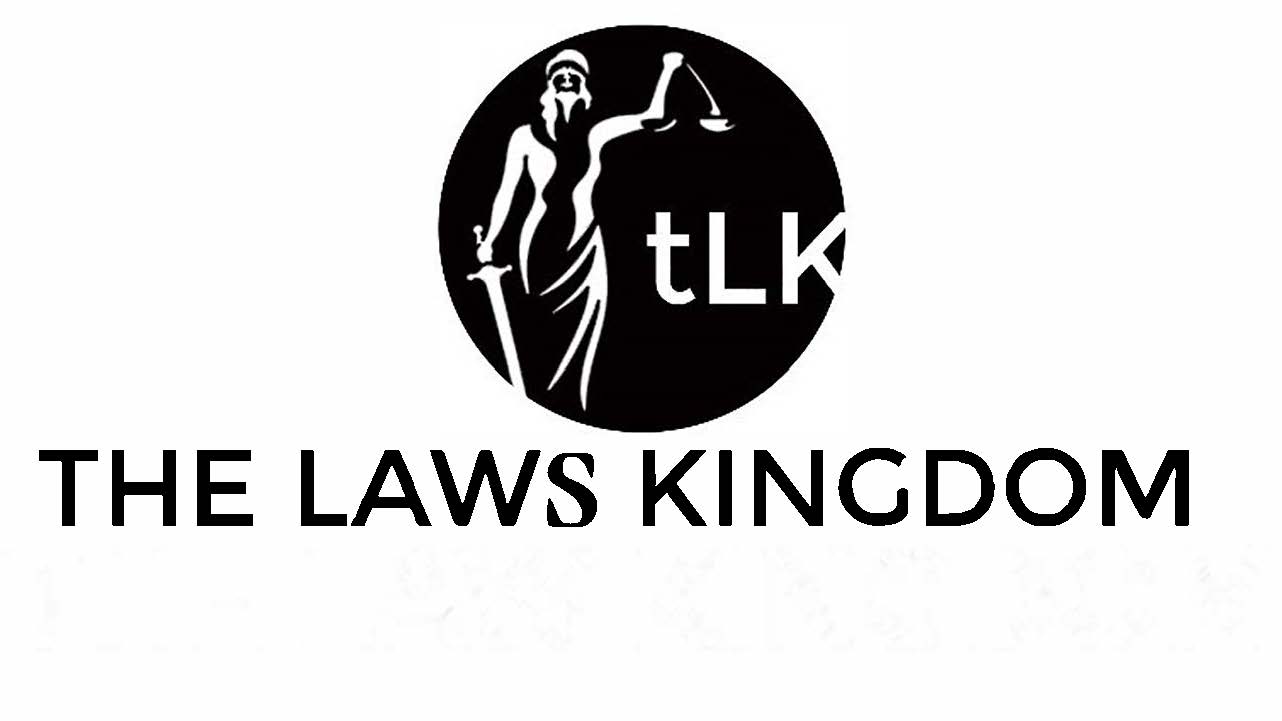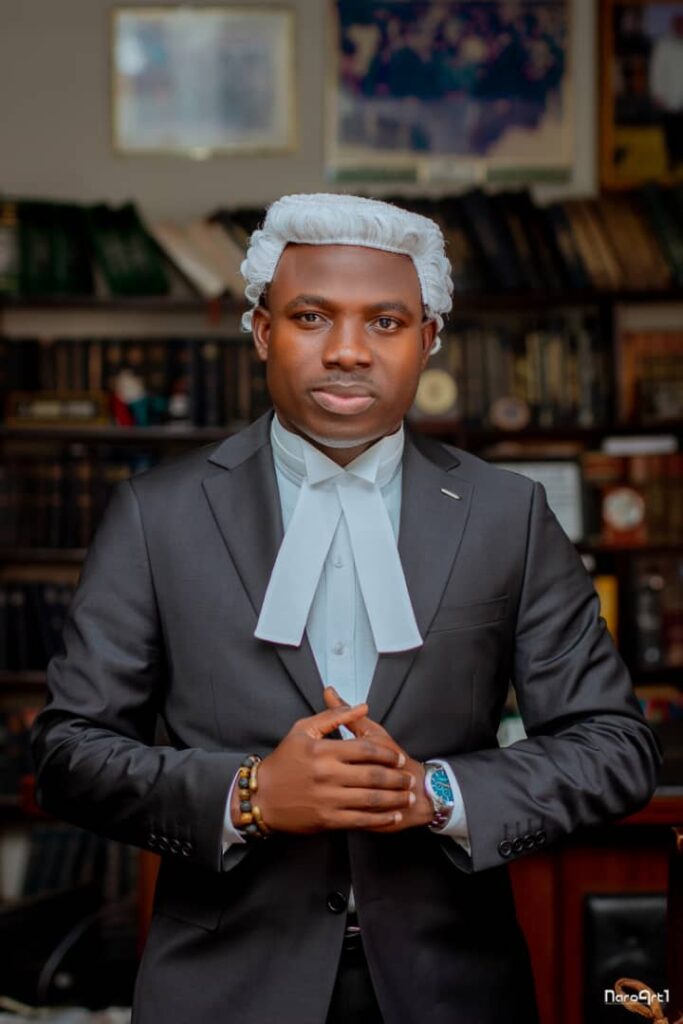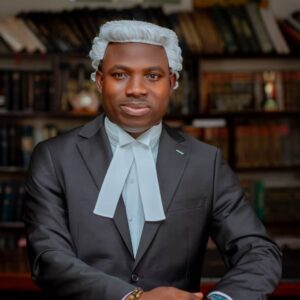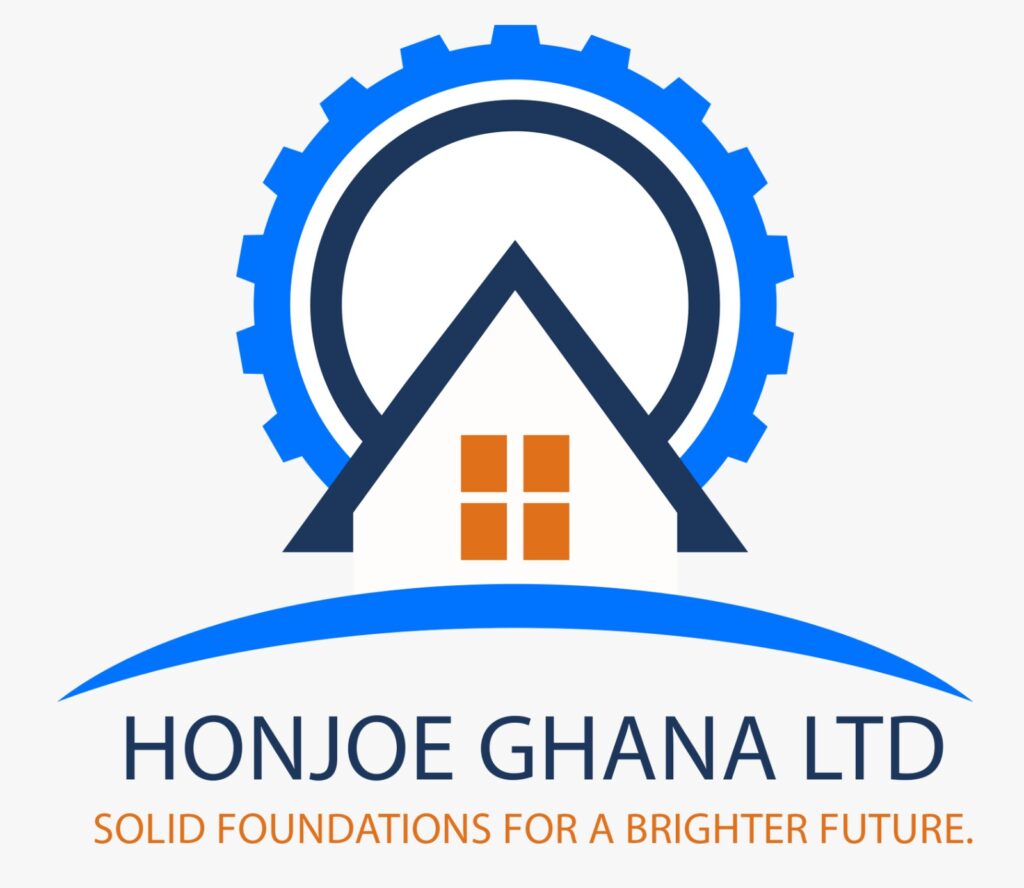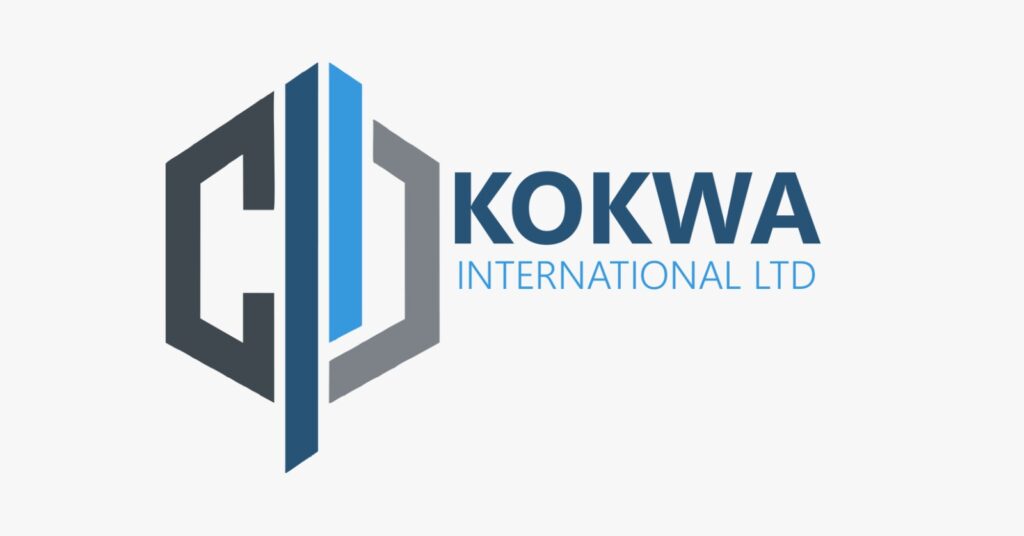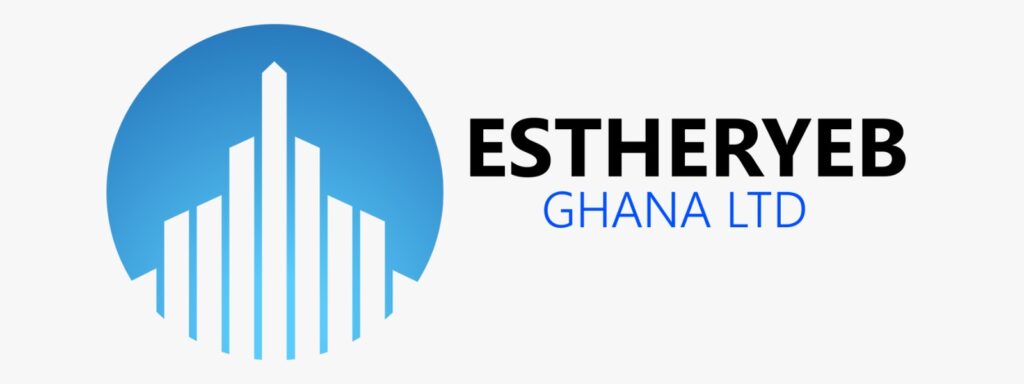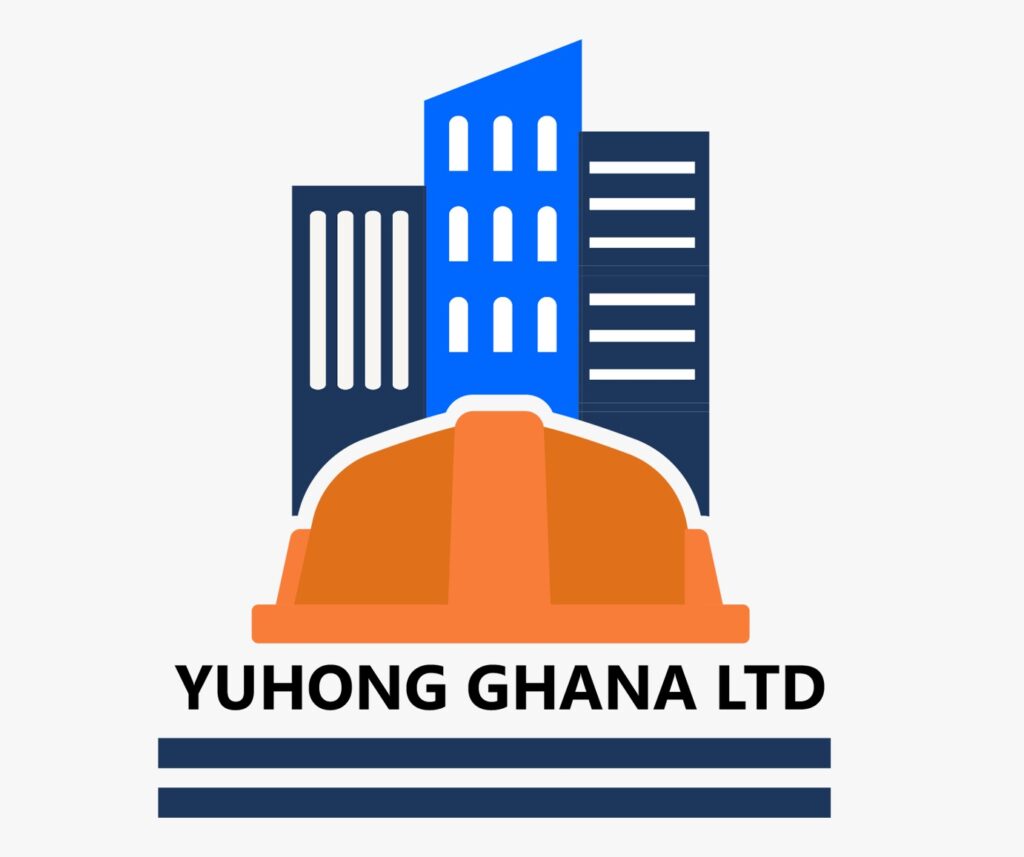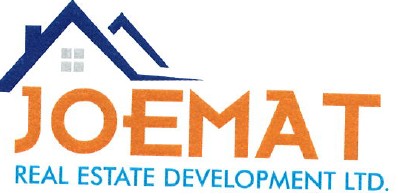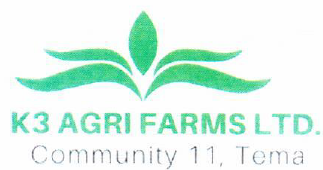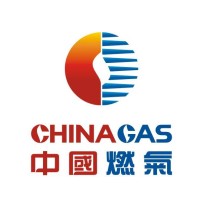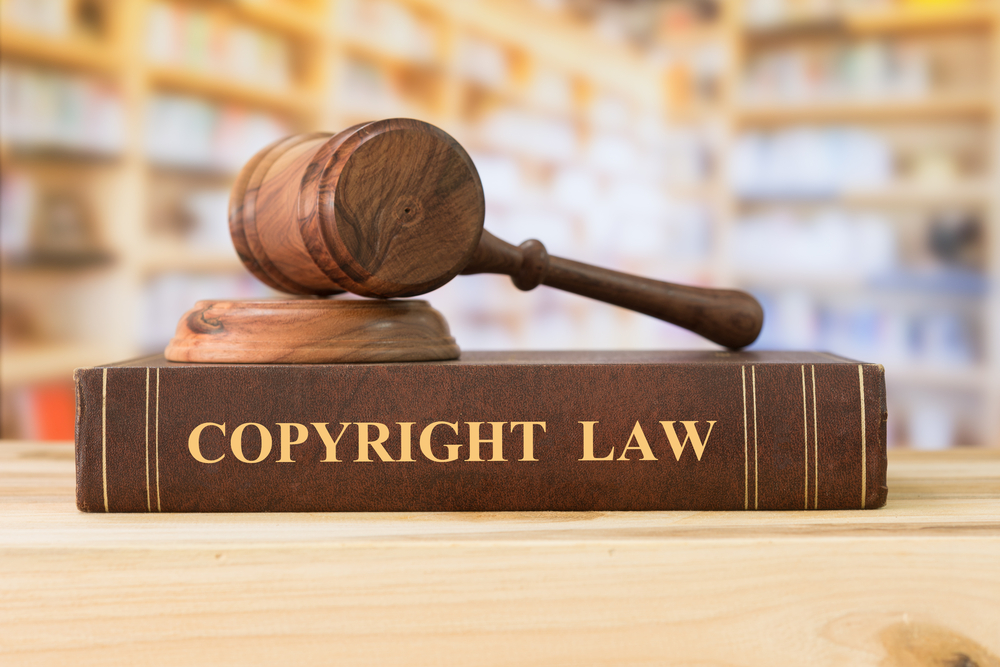Copyright permissions granted libraries in Ghana: An exposition of Section 21 of the Copyright Act 2005 (Act 690)
Written by: Anita Natekie Nartey Libraries are of utmost importance in our society. Its impact causes a ripple effect across generations and therefore a needed resource in our communities. However, in light of benefitting from the resources of the library, there is the need to consider the interests of the authors who helped contribute to the resources of the library. This paper is an exposition into the extent libraries are permitted to slightly offend the interests of authors in Ghana. Introduction George Washington, the first President of the United States of America said “Knowledge is, in every country, the surest basis of public happiness”[1]. Libraries are a sure way to benefit from this saying, since they provide a fountain of wisdom; whether into the past, present or future. Clearly, a country that reads is an innovative one, as knowledge is shared, ideas implemented and citizens are the better for it. But in a bid to share all that information, to what extent can protected copyrighted work be reproduced or used by libraries? This work seeks to delve into the permissions that have been granted libraries pursuant to Section 21 of the Copyright Act, 2005 (Act 690), to make copies of protected copyright work. Intellectual Property Law and Copyright Copyright constitutes an aspect of a wider area of law called Intellectual Property (IP). Intellectual Property simply refers to creative works developed by a person’s innovation. The existence of IP creates Intellectual Property rights, the protection of which precipitated the enactment of the Paris Convention for the Protection of Industrial Property in 1883 and the Berne Convention for the Protection of Literary Works in 1886.[2] Intellectual Property rights are rights that accrue to a person as result of their creations and for which the law provides protection from unlawful use or exploitation. By granting protection to creators, they are able to get economic benefits from their works against the balanced interest of the public. Also, with statutory protection, creatives are able to tap again from their creative juices and innovate in their creative ventures, which enhances economic stability and societal development in the long run. Intellectual Property is usually divided into two branches, namely, industrial property and copyright.[3] Previously, a number of intellectual property rights were identifiably lumped as “Industrial Property”. Those intellectual property rights are patents, trademarks and designs, law of confidence and passing off. The focus of this article is solely on copyright.[4] According to Lior Zemer, copyright declares ownership over authorial and artistic resources and confers exclusive entitlement and control to a definitive category of creators, engaged in genuine activity vested in original works.[5] According to him, copyright is a system that sanctifies and preserves the right to ownership. Copyright seems to be the primary legal means of Intellectual protection in Ghana[6]. Unfortunately, Ghana’s Copyright Act, 2005[7], the substantive statute on copyright and its related issues in Ghana, does not define Copyright, a situation which the writer suggests should be amended. The writer of this article will therefore resort to WIPO’s definition of the subject that defines it as “authors’ rights” – the act of copying an original work, which, in respect of literary and artistic creations, may be done only by the author or with the author’s permission. [8] This definition limits the reach of copyright to a work or art that is original, being fixed in a definite medium of expression and with a quality beyond mere ideas, concepts and procedures.[9] The significance of copyright law is to prevent others from taking unfair advantage of a person’s creative efforts[10]. In the case of University of London Press Ltd v University Tutorial Press Ltd, the learned Peterson J expresses this succinctly as follows: “…there remains the rough practical test that what is worth copying is prima facie worth protecting”[11]. Libraries and The Right to Information The 1992 Constitution guarantees the right to information, subject to such qualifications and laws as are necessary in a democratic society[12]. This constitutional right is further reinforced by Section 1(1) of the Right to Information Act, 2019[13]. Even though this right is not absolute, it is guaranteed regardless. Typical instances of channels which enable access to this right of information is the library and archives. Libraries hold the wisdom of ages, and as such, contribute massively to the overall economic, social and cultural growth of people in a society. In fact, a society which reads is easily progressive in terms of education, innovation, and technology. The library has many duties, notable is the public access to knowledge and information, storage, collection and preservation of literary works for future generations. Library and information services in Ghana may be classified into four broad categories; namely: public library services, academic libraries, special libraries and school libraries.[14] Public libraries are provided by the Ghana Library Authority which is supported by the Government to provide library services in order to meet local needs.[15] The history of Public Library Services in Ghana can be traced to 1928 when the Right Reverend John Orfeur Anglionby, the Anglican Bishop of Accra (1924 – 1951) made his personal library collection of about 6000 volumes available to the public. Eventually, in 1944, the British Council established the first lending library in Accra. This initiative was received with enthusiasm from the public which led to the establishment of the Gold Coast Library Board (now Ghana Library Authority), and thus begun the initiative to build libraries in the various regions in Ghana.[16] Academic libraries are libraries developed with the aim of facilitating teaching, learning and research. These libraries are found in the tertiary institutions like the University of Ghana Balme Library. Special libraries are created for provision of information to support the objectives of the mother organization. An example of a special library is a law library found in a law firm. A practical instance is the Supreme Court library which is believed to have started with the establishment of the Supreme Court in 1876. The Supreme Court library contains statues, court forms and precedents, law reports, legal textbooks, and government
